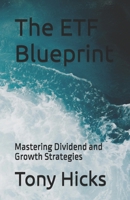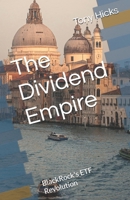Wealth Blueprint: 3 Investing Tips from Self-Made Millionaires
Select Format
Select Condition 
Book Overview
Wealth Blueprint: 3 Investing Tips from Self-Made Millionaires is a comprehensive guide that distills the wisdom of financially successful individuals into actionable steps for building wealth. At its core are three fundamental principles: leveraging compound interest through early and consistent investing, diversifying portfolios to balance risk and reward, and identifying emerging markets and technologies for exponential growth. These strategies are complemented by real-life stories of self-made millionaires who started with modest resources and achieved financial independence through discipline, patience, and a growth mindset.
The book delves deeper into the mindset and habits essential for wealth-building, emphasizing the importance of overcoming fear, embracing calculated risks, and staying the course despite challenges. It provides practical tools like budgeting strategies, investment platforms, and estate planning advice to help readers tailor their financial journey. The principles of generational wealth and legacy-building also play a central role, offering readers a roadmap to not only achieve personal financial success but also secure prosperity for their families and communities.
Ultimately, Wealth Blueprint is a motivational and actionable resource for aspiring investors at any stage of their journey. By combining timeless strategies with modern insights, it empowers readers to take control of their financial future, create lasting wealth, and leave a legacy of purpose and impact. The book emphasizes that success is within reach for anyone willing to start, stay consistent, and adapt along the way.












































